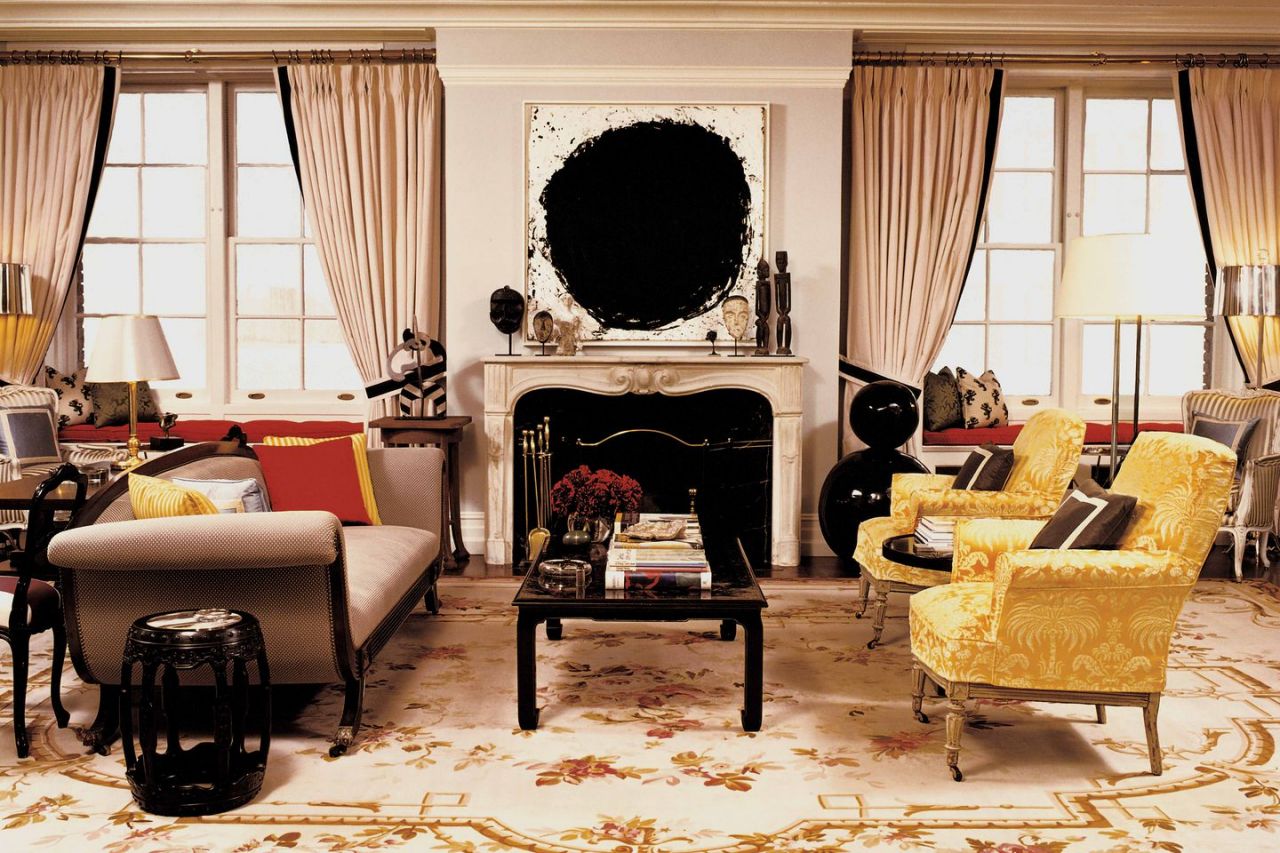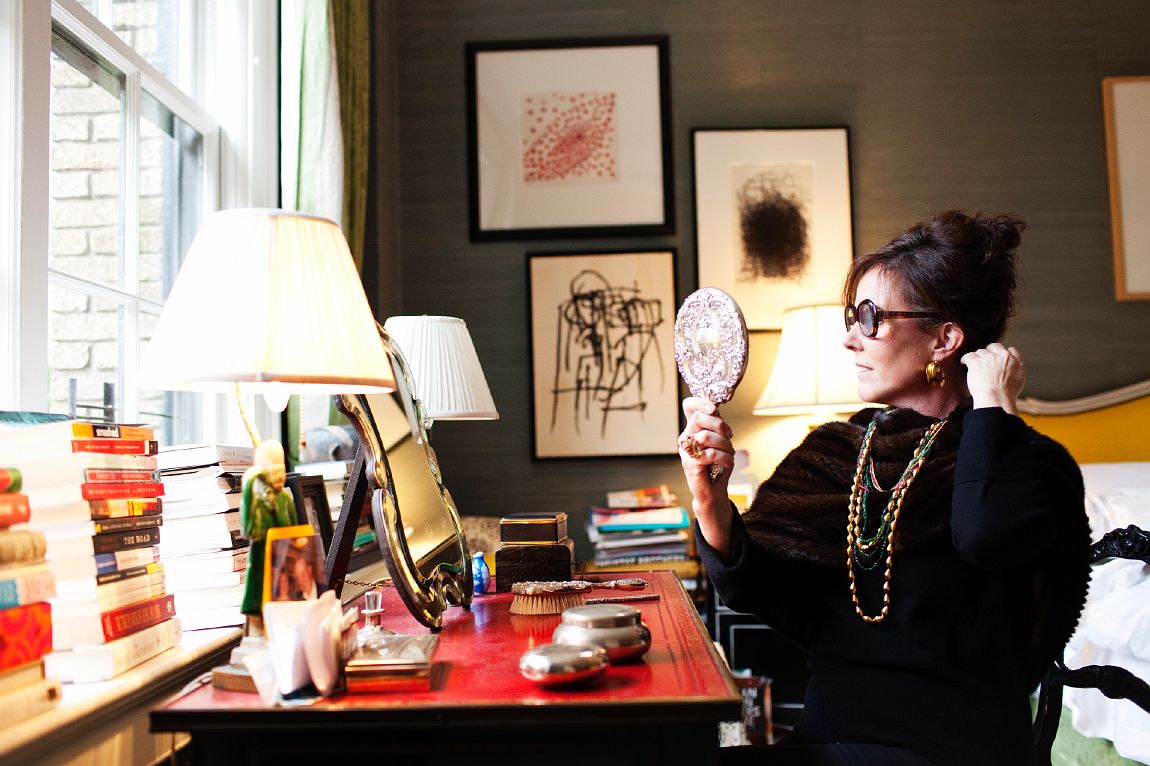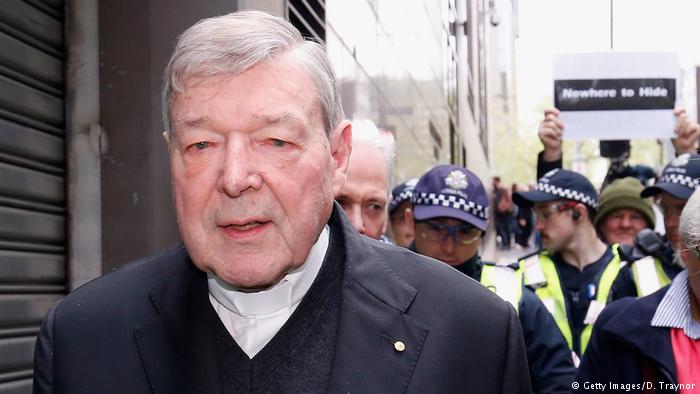Kate Spade’s Artwork
IT IS ALWAYS extremely sad when someone commits suicide. So it is with the death this week of the wildly successful New York fashion designer, Kate Spade, 55, whose upbeat, chic, and colorful feminine accessories were understandably very popular.
Spade, who hung herself with a scarf and leaves behind a husband and a 13-year-old daughter, obviously had a dark side she did not wish to reveal to the public. This darkness is apparent to me in the artwork which decorated the multi-million dollar homes in New York and the Hamptons owned by her and her husband, Andy Spade. These homes combine a studied, preppy look of classic furniture, elegant patterned fabrics and cozy knick knacks with chillingly bleak modern art. This contrast is a common form of juxtaposition among the fashionable. On one hand, there is a devotion to tradition and on the other there are “I-reject-all-that” gestures. The art people hang in their homes expresses their worldview and definitely affects their inner states. Even people with vast resources to buy the most expensive of things often cannot make a full commitment to beauty because they are alienated from its source. This alienation, I submit, was the cause of Spade’s death. How could Kate possibly make sense of intense inner suffering in such a world?
I offer these images, however, mostly without comment and with condolences to her family. I do not mean to suggest that all modern art is dangerous. Much of it, however, makes people unhappy because it is ugly and bleak or simply confirms an emptiness within. Much of it is mere sensation and thus enforces a profound meaninglessness.





